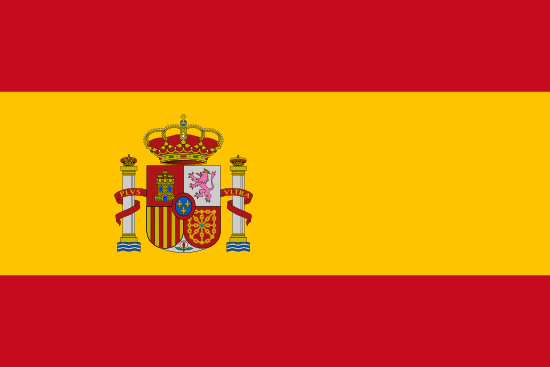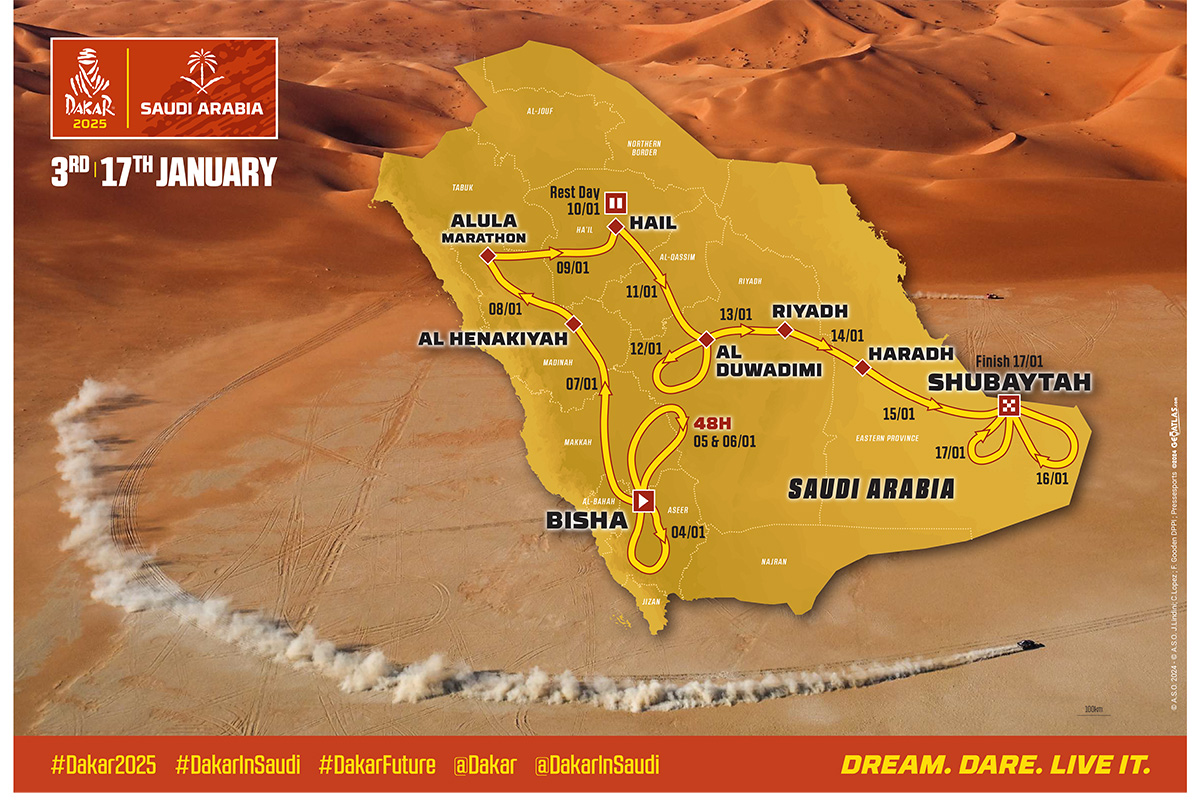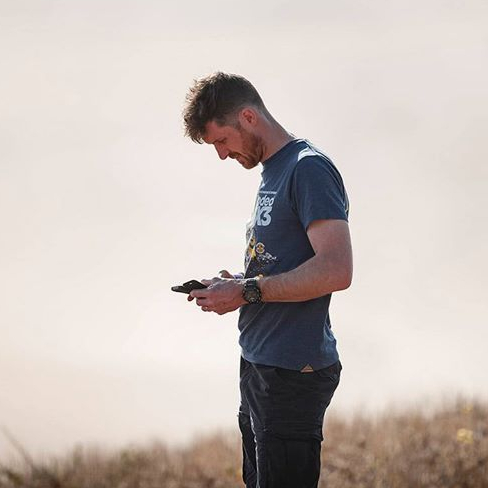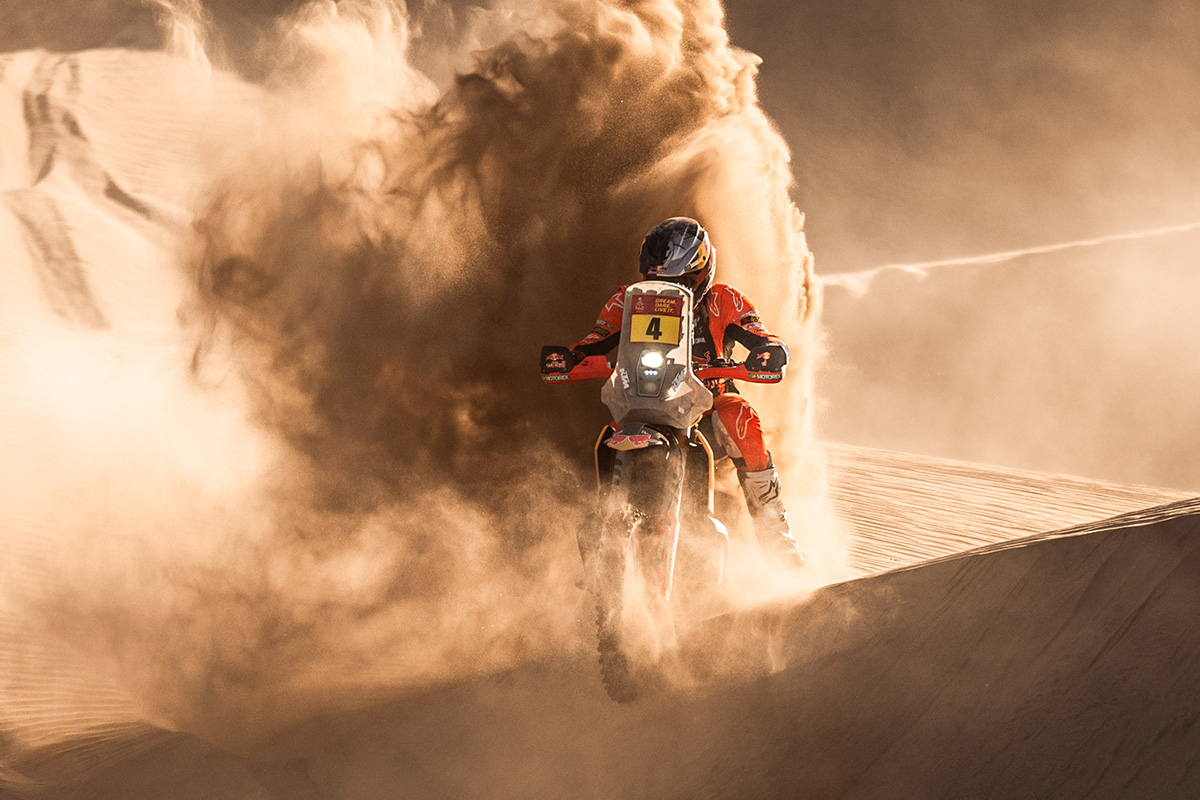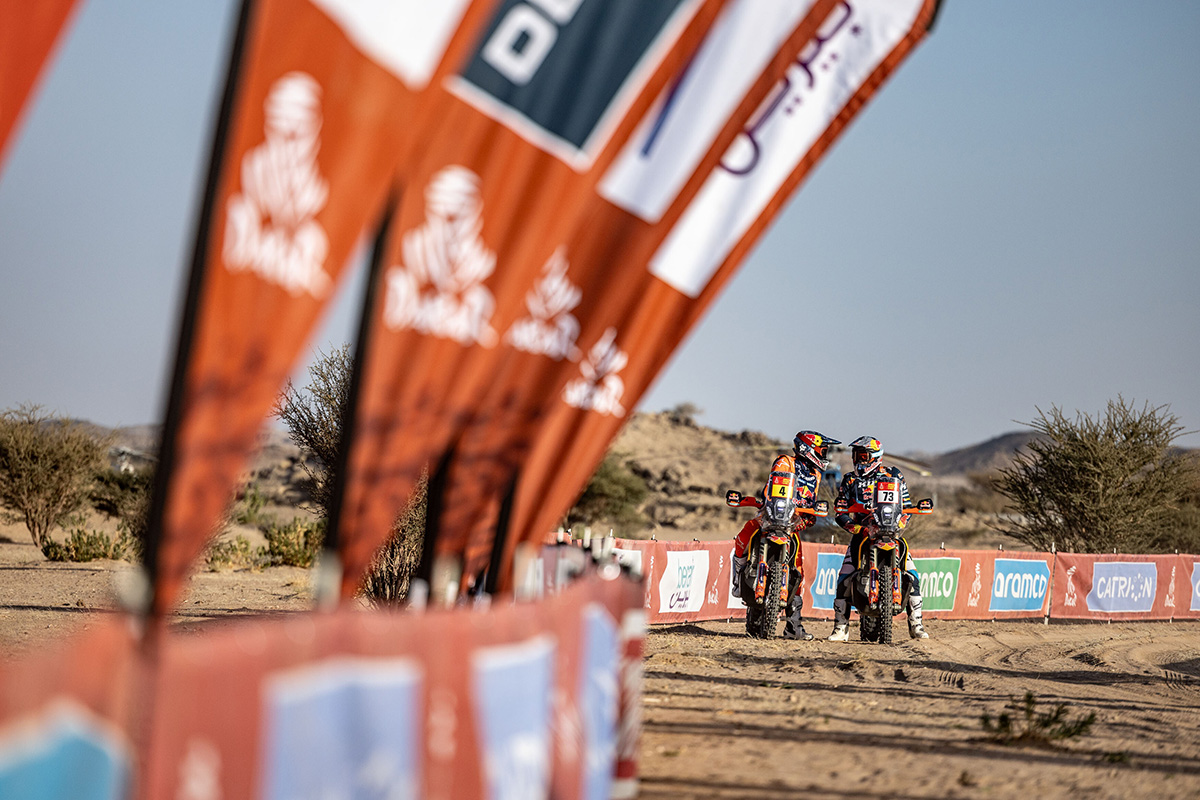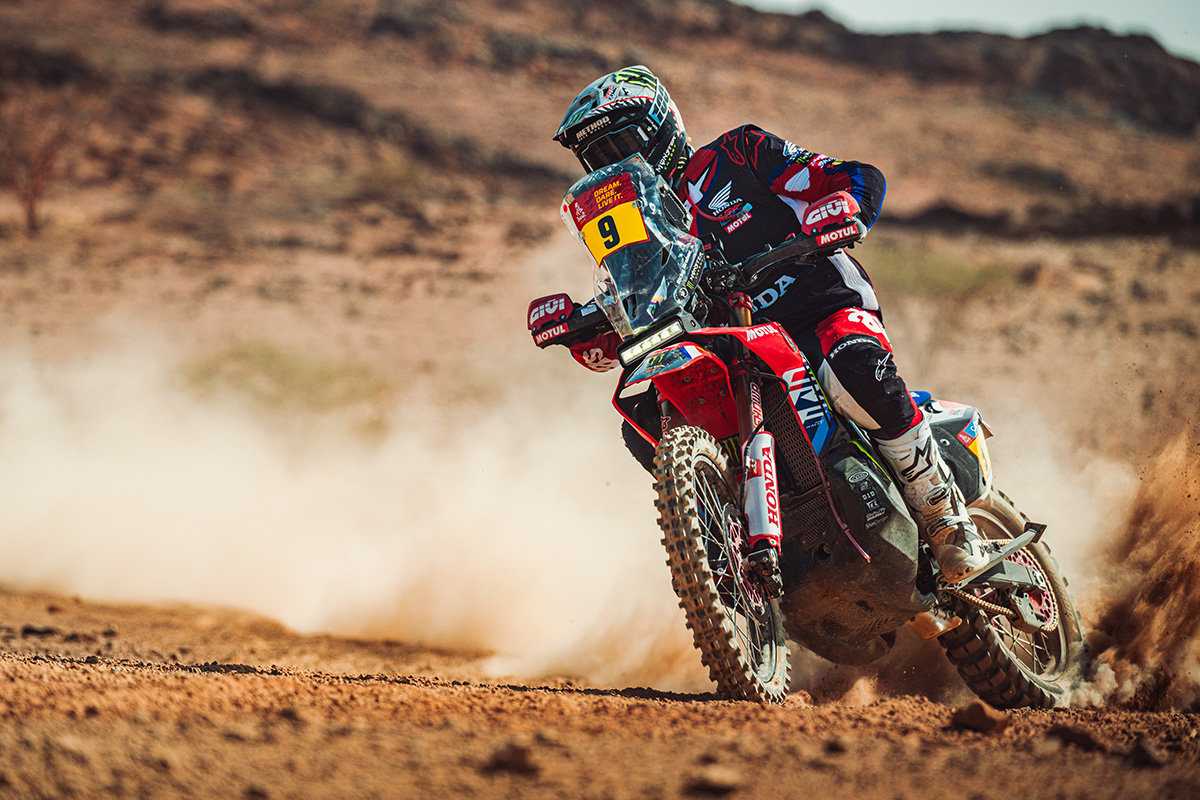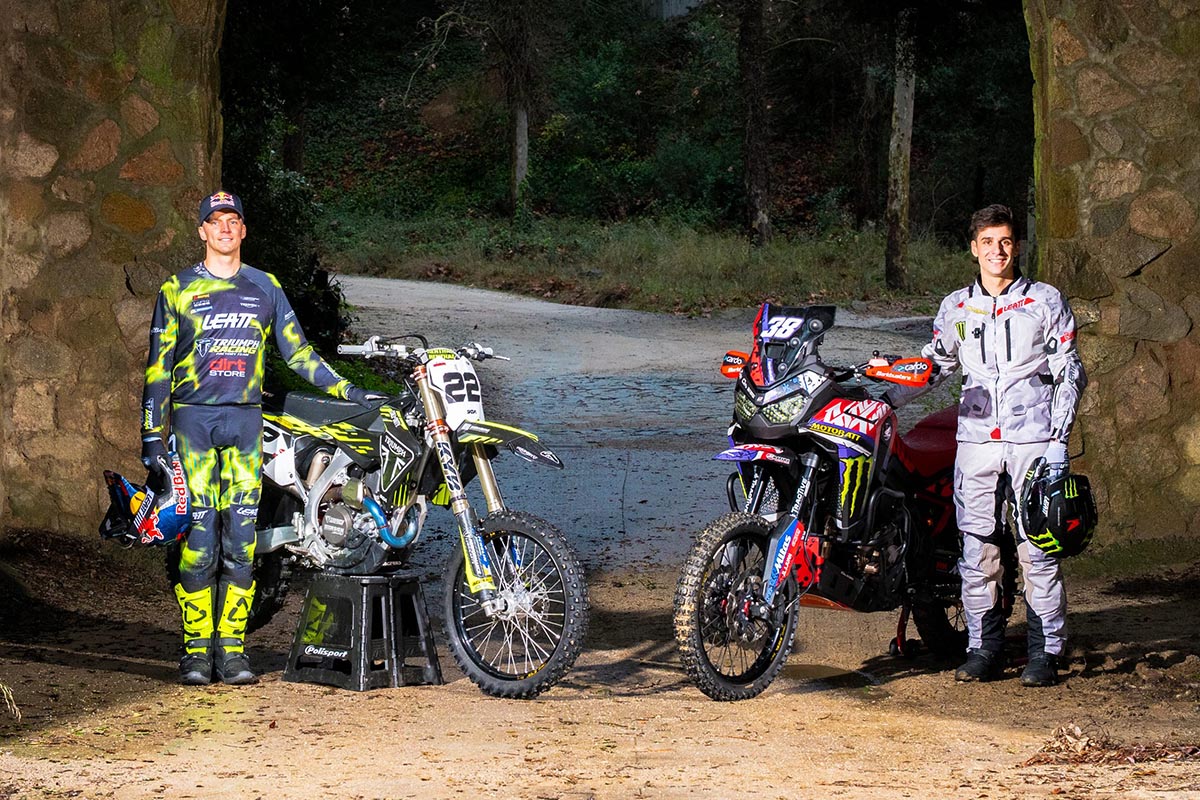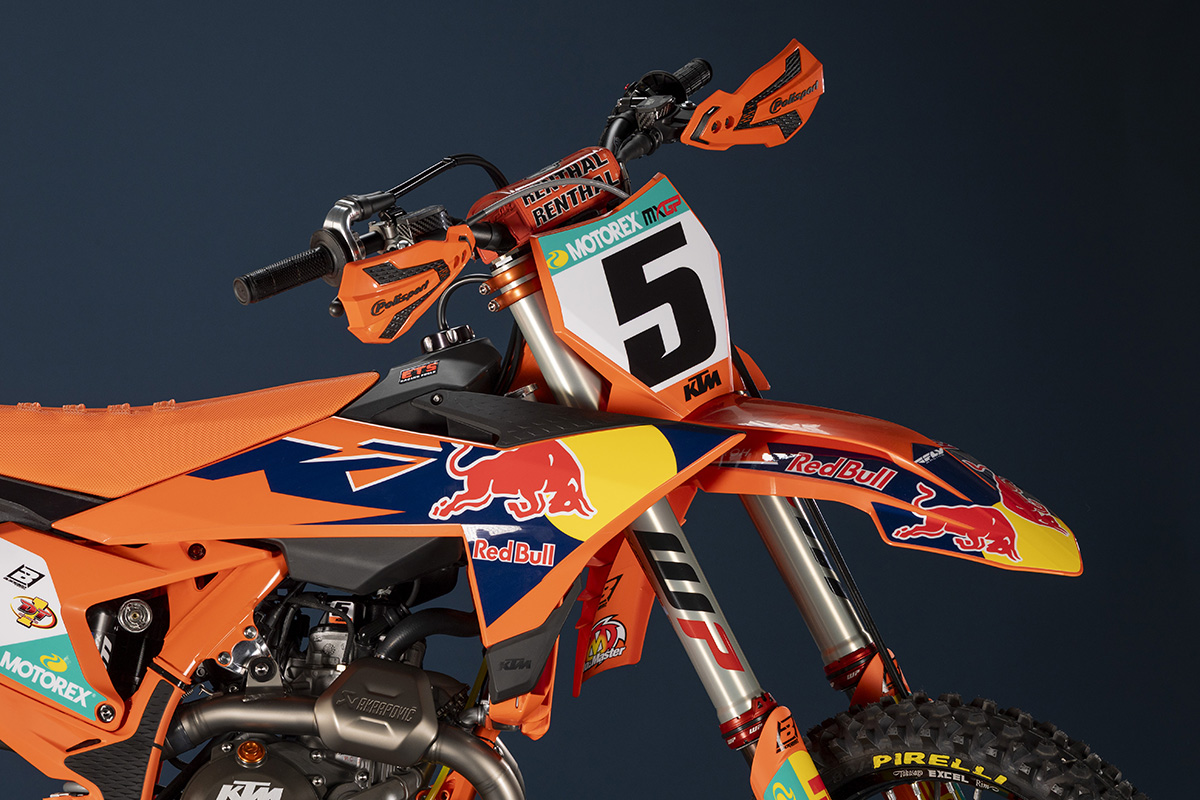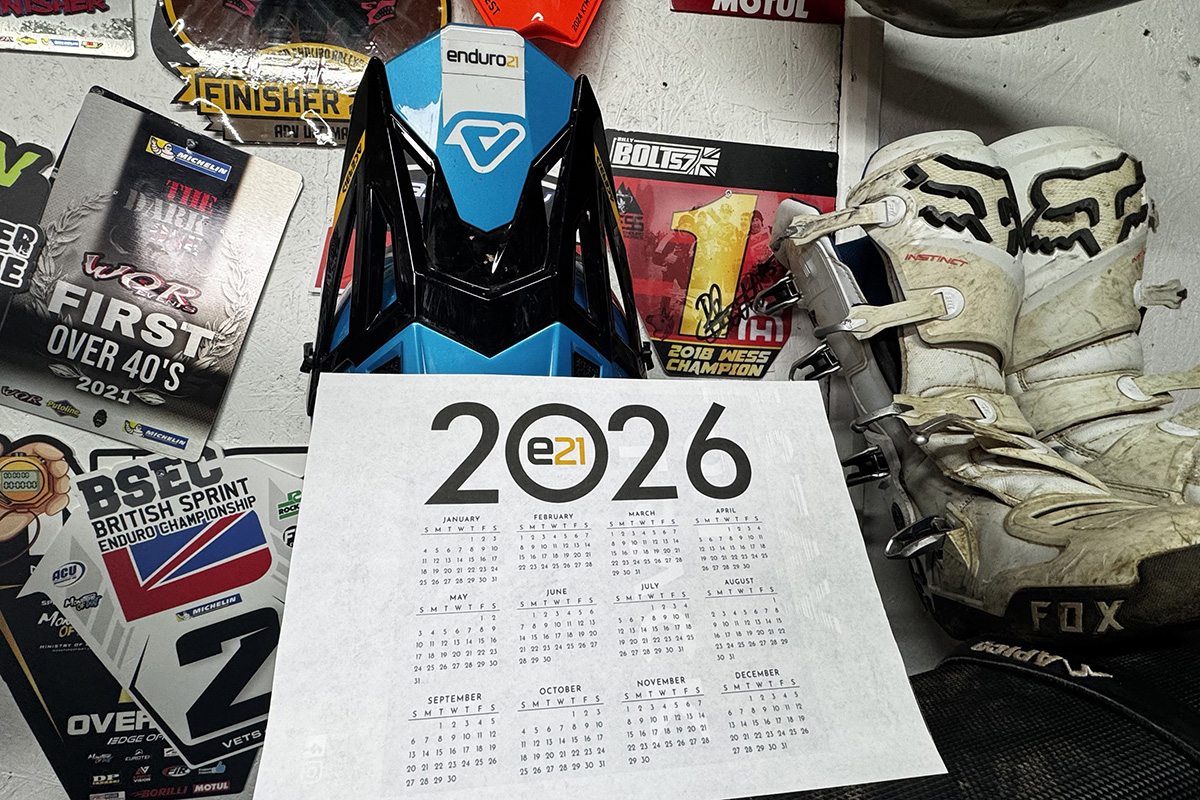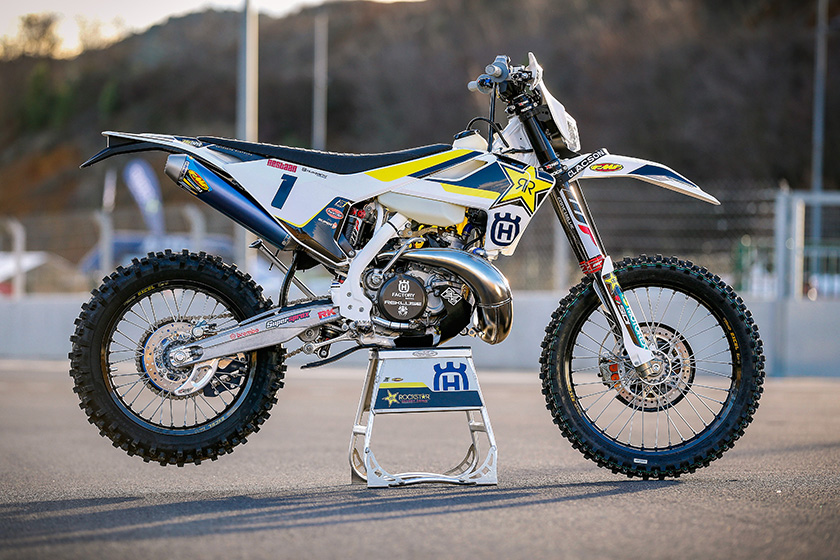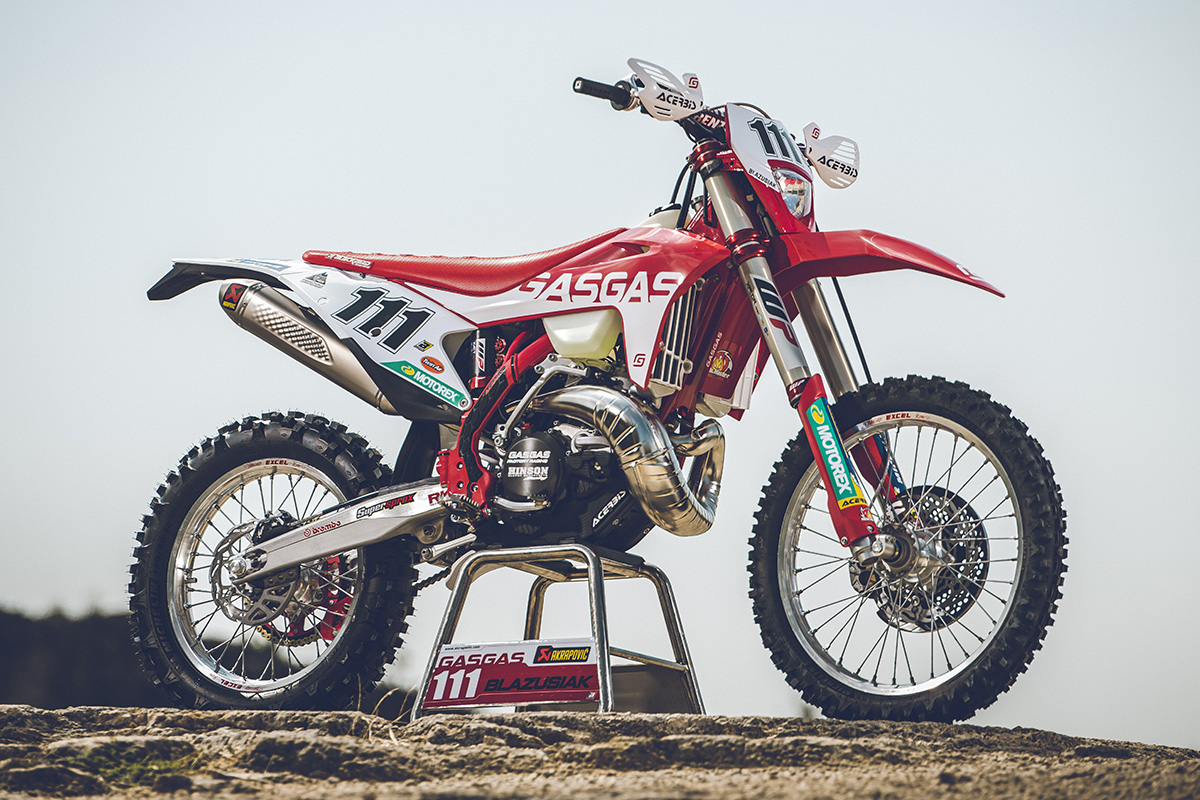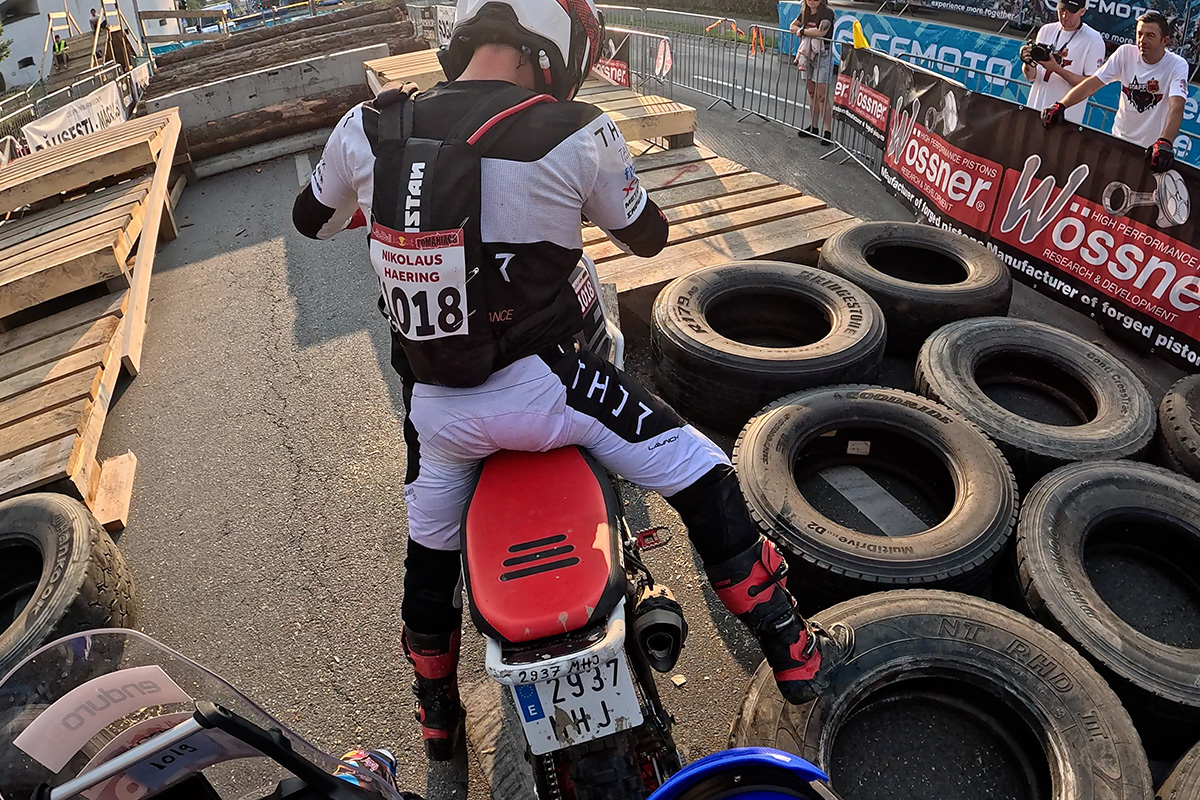2025 Dakar Rally details revealed – “a tough Dakar”
“A tough Dakar…be ready, this is a real Dakar” – Dakar Rally race director David Castera lays down the official route for the 2025 from Bisha to Shubaytah, across almost 8000 kilometres and a return of the 48 hour Chrono stage.
The annual presentation of the Dakar Rally is always a hot one to soak up, although, in truth, today’s presentation just added meat to the bones race director David Castera already revealed at Les Comes, Spain in May.
With just over one month to go before the 2025 Dakar, which starts on January 3, the headlines from today’s presentation by Castera are the defined, mapped route, the 48 Hour Chrono stage landing just a couple of days into next year’s race, plus a long and tough second week which will conclude in the vast dunes of the Empty Quarter meaning the race will more likely go down to the final days.
2025 Dakar Key points:
- Rally director David Castera reveals details of the 47th edition of the Dakar in Saudi Arabia for the sixth time
- A prologue and 12 stages will be held between 3 and 17 January, including the near-1000-kilometre 48 hour chrono stage early on, a marathon stage and a finish in the Empty Quarter of this enormous country in Shubaytah
- 7706 kilometres, including 5146 kilometres of specials are on the cards for the bike categories
- Five stages will take place on separate courses for the FIM (bikes) and FIA (cars and trucks etc.) vehicles, amounting to 45% of the timed distance
- 340 entries in total are headed by the W2RC champion Ross Branch with Honda’s Ricky Brabec aiming for back-to-back victories, a feat not achieved since Marc Coma
Overall, the route for 2025 runs from Bisha in the southwest, north to Alula, across to Hail in the centre to conclude week one. From there the race heads down to Al Duwadimi and Riyadh before legging it further south and east to the mighty dunes of the Empty Quarter and a finish in Shubaytah.
The place names are becoming familiar to us now after six Saudi editions, but the route changes each year one way or another and this year’s conclusion in the middle of nowhere, with the final closing ceremony in the dune, will be hard on bikes and riders at the end of two weeks.
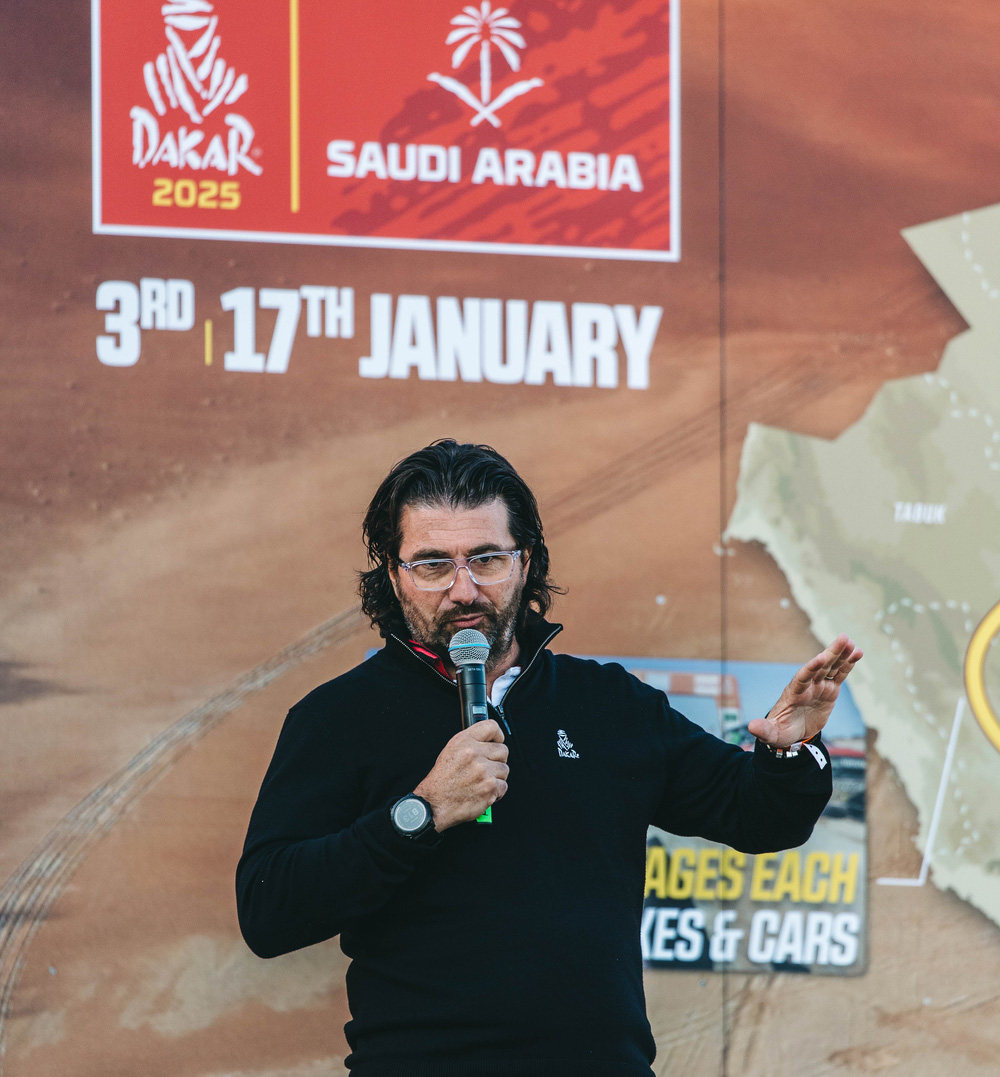
Marathon mileage Chrono stage
958 kilometres for the moto riders spread across two days and coming on the third day of racing is a big deal.
Stage two sees riders face the 48hour Chrono stage, out and back from Bisha. Pioneered at last year’s Dakar to plenty of praise, basically the ride as far as they can through that near 1000ks up until a time cut-off. When the clock stops, you camp for the night with whoever and in a tent.
In reality that meant a very short second day of the 48 hours for the top riders because they got so damn far on day one – day two was like a bonus extra half rest day. For others it was to days of hard work without assistance but an unforgettable night in the desert.
Marathon stage retained
The actual Marathon stage will arrive just ahead of the rest day which is January 10 in Ha'il. To remind you; that is an established extra factor for riders where overnight (this year between stages five and six) they receive no outside assistance including tyres and mousses.
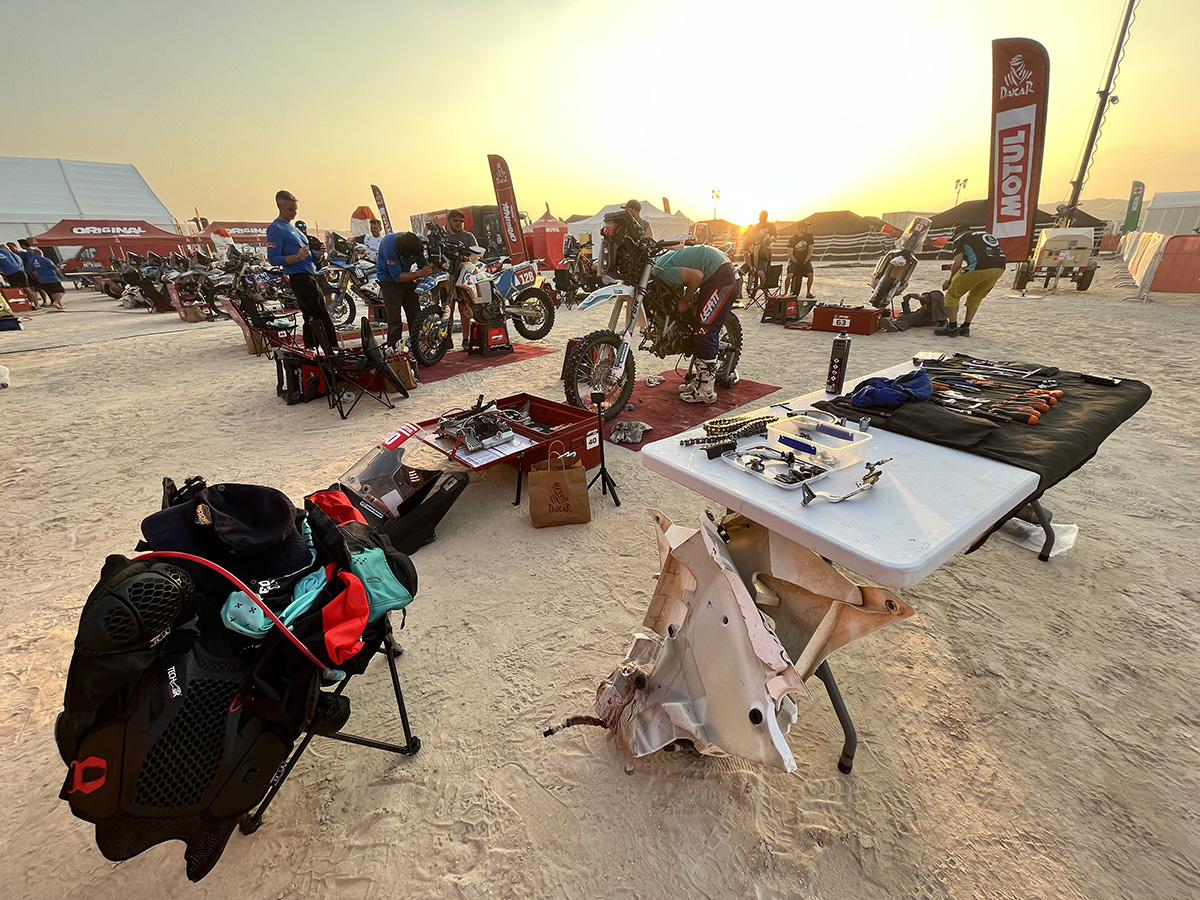
Tough second week planned
“There will be no shortage of difficulties in the second week,” David Castera promises. As they point out, sometimes you get a picture of who might win by the mid-point of the Dakar, but they say it will be hard to predict with suck long days and a conclusion in the hardest of terrain, the dunes.
The latter half of the rally contains most of the specials held on separate courses for the motorbike and car categories too. It makes the race safer for the bikes for one thing, and harder for the cars who will start earlier and can’t follow the bike tracks like the rest of the time!
First time finish in the bivouac
The field will “gobble up tonnes of sand” over the last few days of racing in the Empty Quarter, especially in the 11th and penultimate stage. A huge loop around Shubaytah will see an old-school cavalry charge off the start with competitors starting together on the final stage like the old African days which concluded in the famous Lac Rose, red lake.
Shubaytah – literally nowhere near civilisation – will also host the grand finale ceremony, a first for the Dakar to have it in the heart of the bivouac.
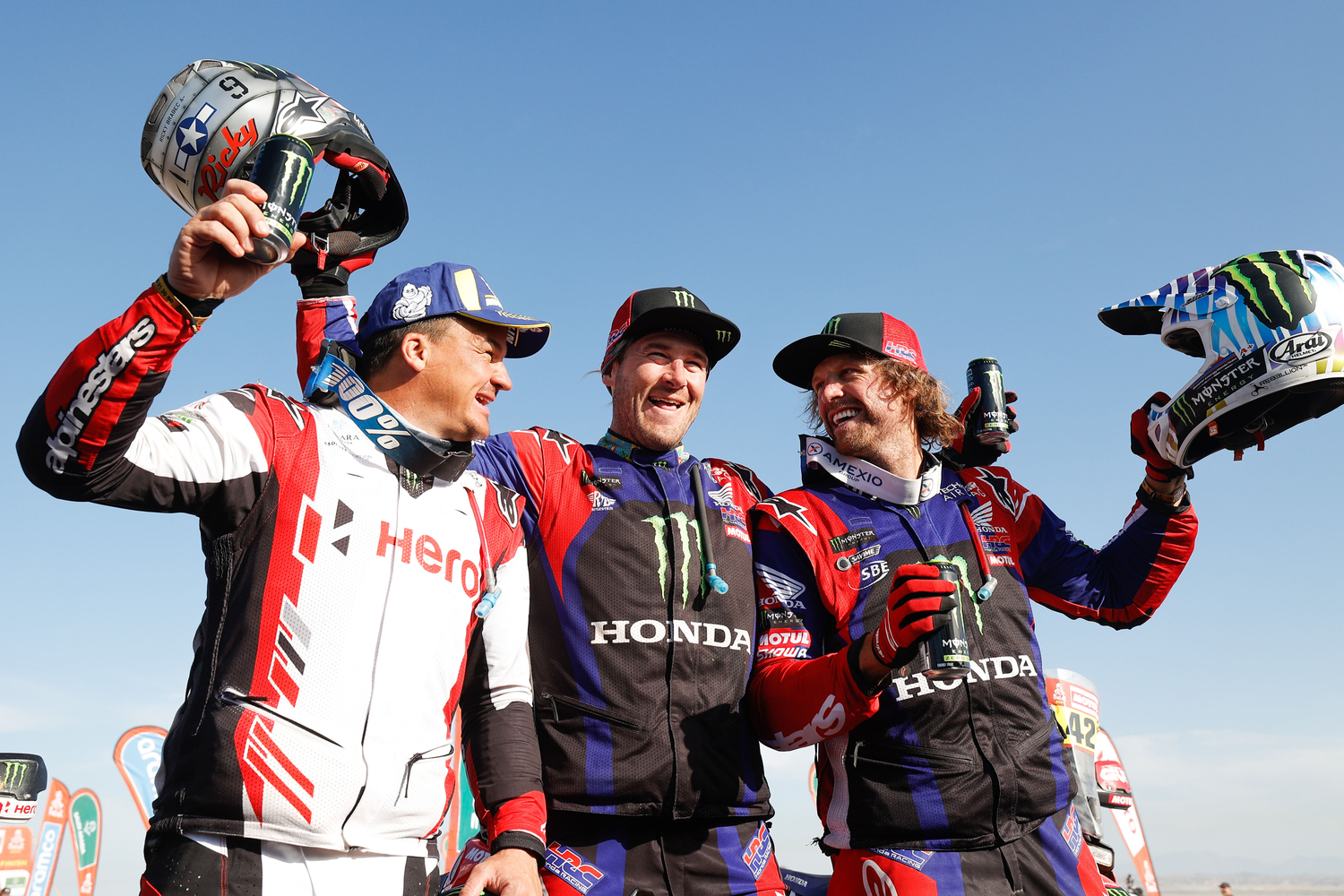
Photo Credit: A.S.O. | Horatio Cabilla + Fred Le Floc'h


